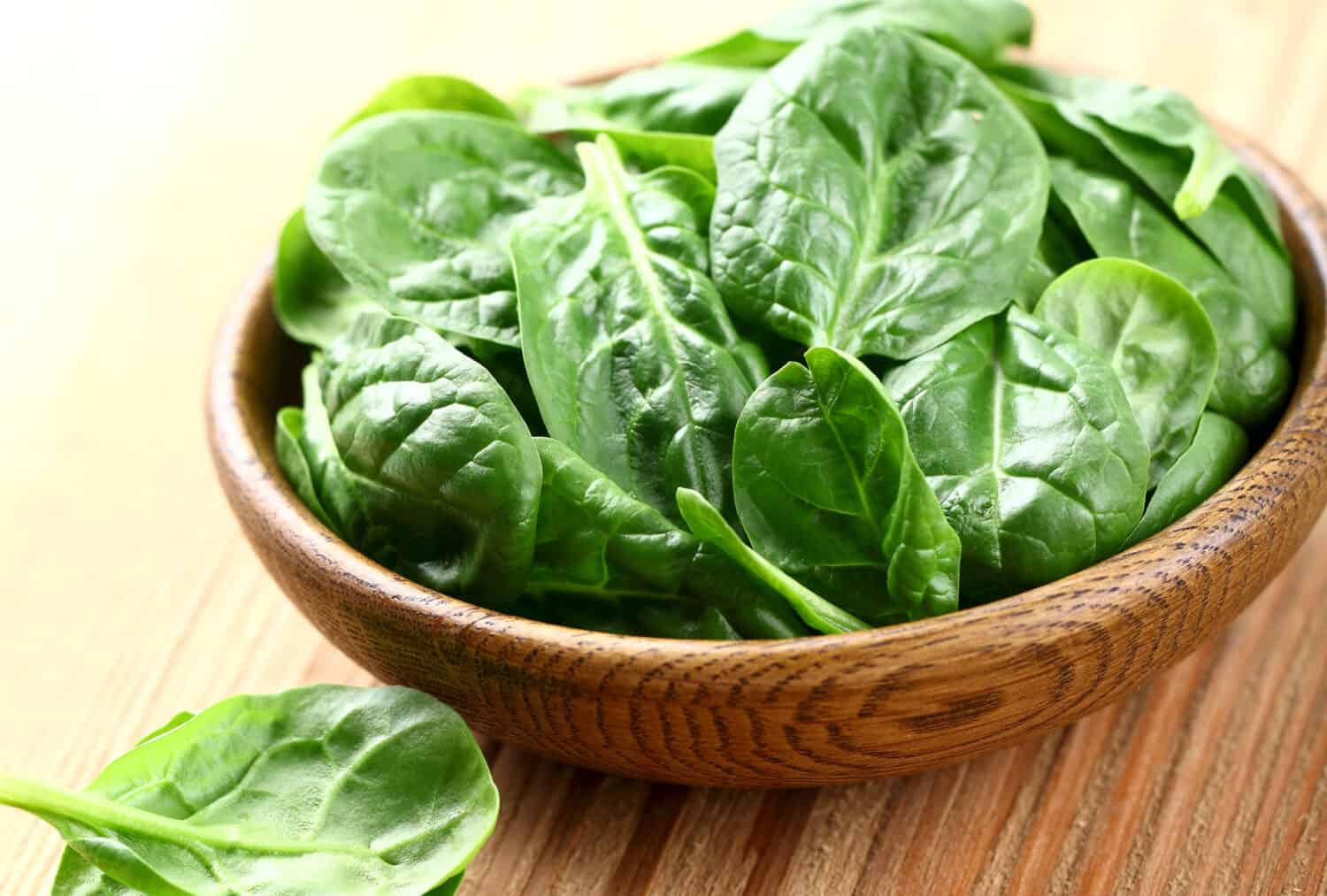When it comes to maintaining optimal health, ensuring an adequate intake of essential nutrients is crucial. One such nutrient that often goes unnoticed but plays a vital role in our overall well-being is magnesium. Magnesium is involved in more than 300 biochemical reactions in the body, contributing to everything from energy production to muscle function and bone health. While supplements are available, incorporating magnesium-rich foods into your diet is a natural and effective way to meet your daily requirements. In this article, we present a comprehensive chart of magnesium-rich foods to help you make informed choices and enhance your health.
The Importance of Magnesium:
Before diving into the chart, let's take a moment to understand why magnesium is so important for our bodies. Magnesium is involved in several essential bodily functions, including:
Energy Production: Magnesium plays a crucial role in converting food into energy, making it vital for maintaining optimal energy levels throughout the day.
Muscle Function: Magnesium helps relax and contract muscles, making it necessary for proper muscle function and preventing cramps or spasms.
Bone Health: Magnesium works hand in hand with calcium and vitamin D to support strong and healthy bones, reducing the risk of osteoporosis and fractures.
Heart Health: Magnesium helps regulate heart rhythm, maintain normal blood pressure, and support overall cardiovascular health.
Nervous System Function: Magnesium is involved in the transmission of nerve signals, contributing to a healthy nervous system and promoting proper brain function.
The Magnesium-Rich Foods Chart:
Now, let's explore the diverse range of foods that are rich in magnesium. Incorporating these foods into your diet will not only boost your magnesium intake but also provide you with a host of other essential nutrients. Here are some examples:
Leafy Greens:
Spinach: Spinach is rich in magnesium, providing approximately 79 milligrams of magnesium per 100 grams.
Swiss chard: Swiss chard is a magnesium-rich vegetable, containing around 81 milligrams of magnesium per 100 grams.
Kale: Kale is packed with magnesium, offering approximately 47 milligrams of magnesium per 100 grams.
Collard greens: Collard greens are a great source of magnesium, providing about 25 milligrams of magnesium per 100 grams.
Nuts and Seeds:
Almonds: Almonds are a good source of magnesium, providing approximately 76 milligrams of magnesium per 100 grams.
Cashews: Cashews contain a moderate amount of magnesium, offering around 82 milligrams of magnesium per 100 grams.
Pumpkin seeds: Pumpkin seeds are rich in magnesium, with approximately 262 milligrams of magnesium per 100 grams.
Flaxseeds: Flaxseeds are a good source of magnesium, providing about 392 milligrams of magnesium per 100 grams.
Legumes:
Black beans: Black beans are a good source of magnesium, providing approximately 120 milligrams of magnesium per 100 grams.
Lentils: Lentils contain a moderate amount of magnesium, offering around 36 milligrams of magnesium per 100 grams.
Chickpeas: Chickpeas are a magnesium-rich legume, providing approximately 48 milligrams of magnesium per 100 grams.
Kidney beans: Kidney beans are a good source of magnesium, offering around 35 milligrams of magnesium per 100 grams.
Whole Grains:
Quinoa: Quinoa is a magnesium-rich grain-like seed, providing approximately 64 milligrams of magnesium per 100 grams.
Brown rice: Brown rice contains a moderate amount of magnesium, offering around 44 milligrams of magnesium per 100 grams.
Oats: Oats are a good source of magnesium, providing approximately 177 milligrams of magnesium per 100 grams.
Whole wheat bread: The magnesium content in whole wheat bread can vary depending on the brand and recipe. On average, it provides around 37 milligrams of magnesium per 100 grams.
Fish:
Salmon: Salmon is a good source of magnesium, providing approximately 30-40 milligrams of magnesium per 100 grams. However, the exact magnesium content may vary depending on the specific type of salmon and its preparation method.
Mackerel: Mackerel is a magnesium-rich fish, offering approximately 97 milligrams of magnesium per 100 grams.
Halibut: Halibut is a good source of magnesium, providing around 40 milligrams of magnesium per 100 grams.
Tuna: Tuna is a magnesium-rich fish, containing approximately 64 milligrams of magnesium per 100 grams.
Dairy Products:
Yogurt: The magnesium content in yogurt can vary depending on the type and brand. On average, yogurt provides around 19-30 milligrams of magnesium per 100 grams.
Milk: Milk is a good source of magnesium, providing approximately 11-13 milligrams of magnesium per 100 milliliters.
Cheese: The magnesium content in cheese can vary depending on the type and variety. On average, hard cheeses like cheddar and mozzarella contain around 20-30 milligrams of magnesium per 100 grams.
Dark Chocolate: Dark chocolate is a good source of magnesium, providing approximately 70-90 milligrams of magnesium per 100 grams.
Incorporating Magnesium-Rich Foods into Your Diet:
Now that you have a comprehensive list of magnesium-rich foods at your disposal, here are some tips to help you incorporate them into your daily diet:
Plan Balanced Meals: Include a variety of magnesium-rich foods in your meals to ensure you meet your daily requirements.
Snack Smartly: Choose nuts, seeds, and dark chocolate as healthy, magnesium-rich snack options.
Experiment with Recipes: Explore different cuisines and recipes that incorporate these magnesium-rich foods to add variety to your meals.
Be Mindful of Cooking Methods: Opt for steaming or baking instead of frying to retain the maximum amount of magnesium in your foods.
In Conclusion:
Magnesium is an essential nutrient that plays a vital role in maintaining overall health and well-being. By using the magnesium-rich foods chart provided in this article, you can easily incorporate these nutritious foods into your diet. Remember, a balanced and varied intake of magnesium-rich foods will not only boost your magnesium levels, but also provide you with a wide range of other essential nutrients. So, make these foods a part of your daily routine to enhance your health and vitality naturally.
The image featured at the top of this post is ©Dionisvera/Shutterstock.com.
